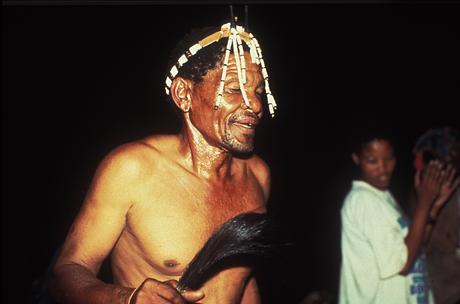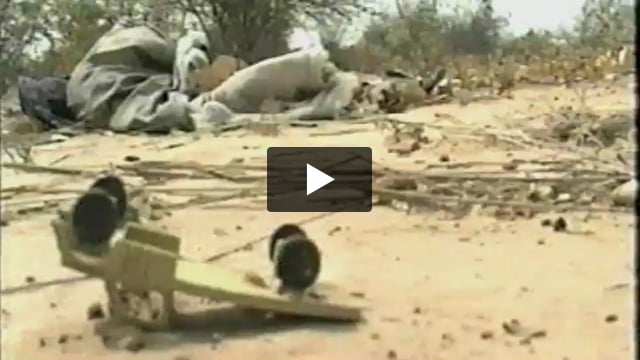Bushmen win royalties for their desert expertise
June 30, 2003
This page was last updated in 2003 and may contain language which is now outdated.
'Bushmen' have eaten parts of the hoodia cactus to suppress their hunger and thirst during long hunting trips and journeys in the desert. Now, a US drug company is using the plant to develop what may become a new anti-obesity drug.
In 2001, Survival alerted the southern African minorities organisation, WIMSA, that the Council for Scientific and Industrial Research (CSIR) was negotiating licensing rights to run drug tests for the cactus. CSIR had not consulted with any Bushmen until Survival intervened. Finally, after long negotiations with the Bushmen's lawyers, it agreed to recognise the Bushmen's intellectual property rights. In March 2003, Bushman representatives in South Africa signed an agreement on behalf of the region's 100,000 Bushmen to receive some of the royalties from the new drug if it is successful.
This is one of the first cases in which tribal peoples anywhere have been paid for their expertise. Kxao Moses, chairman of WIMSA, said, 'In the past it used to be the norm to exploit (our) knowledge and culture but today is an example of how things have changed.'



